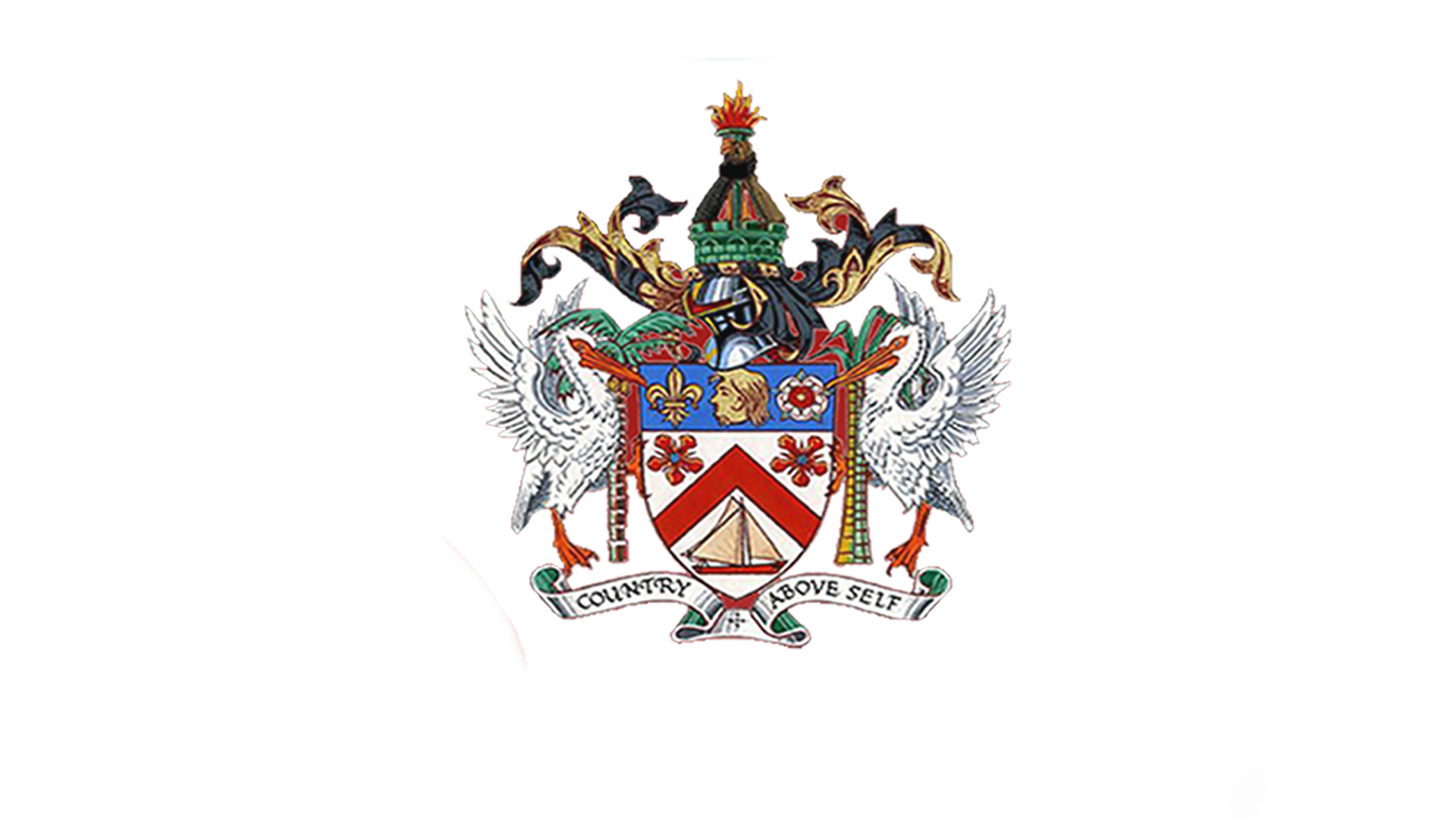National Lotteries Authority Act of 2025
The National Lotteries Bill 2025 aims to establish a comprehensive and modern regulatory framework for national lotteries in the proposed jurisdiction, replacing outdated legislation and addressing the evolving landscape of the lottery industry. The Bill focuses on key areas including licensing, responsible gambling, player protection, preventing money laundering and terrorist financing, ensuring fairness and transparency, and allocating lottery proceeds for good causes. It seeks to strike a balance between promoting a vibrant lottery sector while safeguarding the public interest and maximizing social benefits.
The Bill outlines a stringent licensing process for lottery operators, requiring detailed applications that demonstrate financial stability, technical capability, game integrity, and robust responsible gambling measures. Different license categories will be established for various types of lotteries, including online and instant win games, and licenses will be granted for specific periods subject to renewal and ongoing compliance. The regulatory authority will have broad powers to oversee licensed operators, including conducting audits, imposing sanctions for breaches of license conditions, and suspending or revoking licenses in cases of serious misconduct. This robust licensing regime aims to ensure that only reputable and responsible operators participate in the national lottery market.
Player protection and responsible gambling are central tenets of the Bill. Measures include age verification systems, mechanisms for self-exclusion and setting spending limits, and prominent display of responsible gambling information and helplines. Operators will be required to contribute to a national responsible gambling fund, supporting research, education, and treatment programs. The Bill also emphasizes the importance of protecting minors from exposure to gambling and mandates strict controls on advertising and marketing practices to prevent underage participation. These provisions aim to minimize the potential harms associated with gambling and promote a safe and responsible lottery environment.
Preventing money laundering and terrorist financing are prominent considerations within the Bill. Operators will be obligated to conduct thorough customer due diligence, including identity verification and monitoring of transactions, to identify and report suspicious activity. The Bill incorporates provisions aligning with international anti-money laundering standards, ensuring that national lotteries are not exploited for illicit financial activities. The regulatory authority will collaborate with relevant financial intelligence units and law enforcement agencies to effectively combat money laundering and terrorist financing risks within the lottery sector.
Transparency and fairness in lottery operations are paramount, and the Bill mandates clear disclosure of game rules, odds of winning, and prize distribution. Regular independent audits of lottery systems will be conducted to ensure the integrity of draws and the accuracy of results. The Bill outlines procedures for handling complaints and disputes, providing players with avenues for redress if they believe they have been treated unfairly. These measures strive to build public trust and confidence in the integrity of the national lottery.
Finally, the Bill addresses the allocation of lottery proceeds, emphasizing their use for good causes. A significant portion of lottery revenue will be dedicated to funding designated public benefit areas such as education, healthcare, arts, and sports development. The Bill establishes a mechanism for distributing these funds through grants to eligible organizations and projects, ensuring transparency and accountability in the allocation process. This ensures that the benefits of the national lottery extend beyond individual players and contribute to the broader social good. The Bill also mandates regular reporting on the distribution of funds and the impact of funded initiatives. This accountability framework seeks to maximize the social return on lottery revenue and ensure that proceeds are used effectively to support worthy causes and benefit the community. By emphasizing social responsibility and prioritizing the allocation of funds for public benefit, the Bill aims to reinforce the positive social impact of the lottery and enhance its overall contribution to society.
The Bill also includes provisions for the establishment of an independent regulatory body responsible for overseeing all aspects of the national lottery. This body will have the power to grant and revoke licenses, enforce regulations, and ensure compliance with the provisions of the Bill. The regulatory body’s independence is crucial for maintaining the integrity and transparency of the national lottery system.
Further, the Bill outlines detailed reporting requirements for licensed operators, including financial statements, game details, and responsible gambling activities. These reports will be regularly submitted to the regulatory body, allowing for ongoing monitoring and evaluation of operators’ performance and adherence to regulations. The Bill also establishes penalties for non-compliance, ranging from financial fines to license revocation.
To ensure public accountability, the Bill also includes provisions for regular audits and reviews of the national lottery system. These audits will assess the effectiveness of the regulatory framework, the financial performance of the lotteries, and the distribution of funds for good causes. The results of these audits will be made public, further enhancing transparency and accountability.
The Bill recognizes the increasing importance of online lottery platforms and includes specific provisions for regulating online lottery operations. These provisions address issues such as age verification, secure payment processing, and data protection, ensuring a safe and regulated online environment for players. The Bill also includes provisions for cross-border cooperation in regulating online lotteries, recognizing the global nature of the online gambling industry.
Finally, the Bill includes provisions for transitioning from the existing lottery regime to the new framework established by the Bill. This includes a process for existing operators to apply for new licenses and a timeline for the implementation of the new regulations. The Bill seeks to ensure a smooth transition, minimizing disruption to the existing lottery market while enhancing the overall regulatory framework for the benefit of all stakeholders. By addressing the evolving needs of the lottery industry and incorporating best practices in regulation, the National Lotteries Bill 2025 seeks to create a sustainable and socially responsible lottery sector that benefits both players and the wider community.
Share this content:












Post Comment